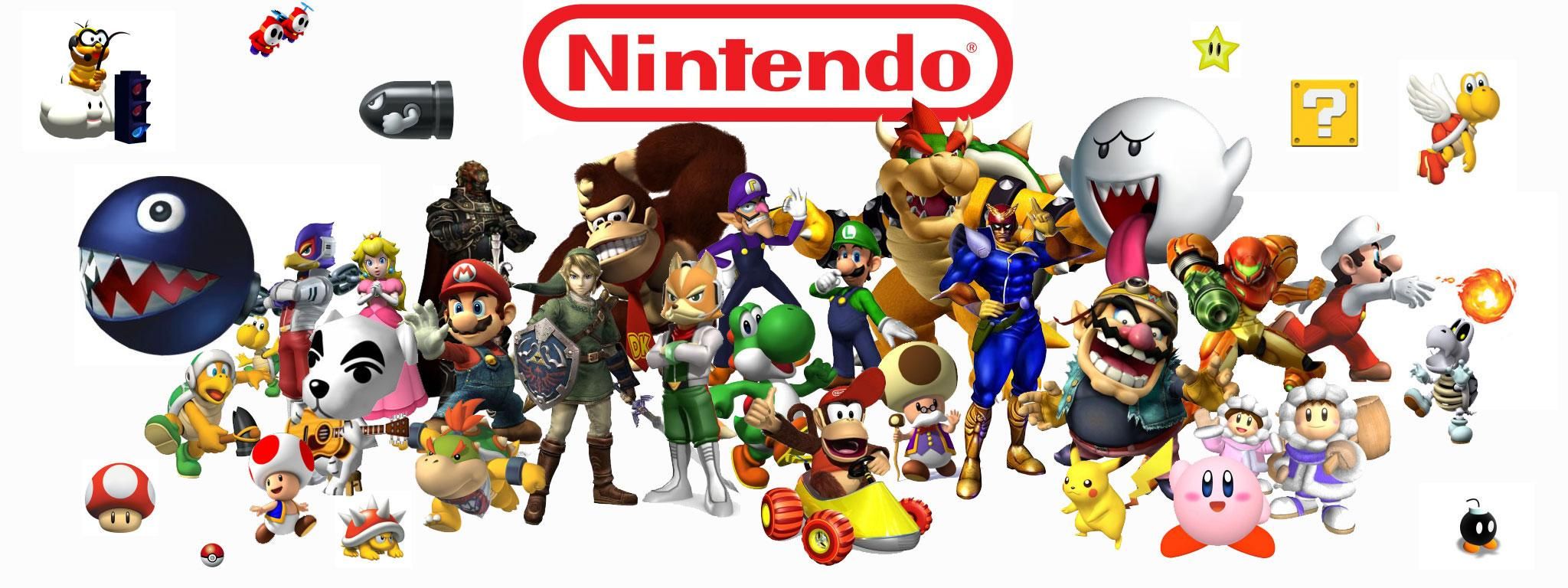On the heels of the latest shareholders' meeting came a truly fascinating investor Q&A session with two of Nintendo's most famous figures, Satoru Iwata (President) and Shigeru Miyamoto (Senior Managing Director).
The first question of the session, asked if Nintendo was facing a dilemma of balancing game development between hardcore gamers and casual gamers, was addressed to both Iwata and Miyamoto. Iwata responded:
We would like as many people as possible to pick up, experience and enjoy our video games. It is important to let people who originally had no interest in games, find themselves enjoying Wii U in their living room every day. We must also satisfy avid video game fans. When it comes to Wii, as “Wii Sports” spread throughout the world at a sensational speed, some misunderstood that all Wii could do is enable them to play games by moving the Wii Remote. With Wii U, therefore, we planned to satisfy existing video game fans first and provide new surprises later. But, just as you pointed out, it is becoming increasingly difficult for the consumers to be impressed by improvements in graphics alone, so we would like to seek different ways to make an impression on consumers.
Miyamoto stated:
I have worked hard to develop “Pikmin 3.” I strongly feel that this game is suitable for a broad range of people, from casual to core game players. The dilemma the questioner pointed out is true for the whole video game industry. I think, however, this kind of thing exists in every industry. For example, the business of TV stations is based on TV commercials, but with the emergence of Internet advertising, TV stations no longer have a monopoly on commercials. Similarly, the video game industry now has smartphones, which have almost the same power as dedicated gaming systems, except for the user interface, and all of which are connected to the Internet.
Iwata also addressed the claims of his resignation:
It is true, as you mentioned, that articles stating my “indication of resignation” were published as a result of my using the word “commitment.” However, I have said nothing about resigning from my presidential post. Also, as you highlighted just now, the life span of a console is at least five years, so I also believe that management posts should not be judged on the basis of a single year’s results.
Iwata was also asked his opinion on certain third-party developers announcing games for other systems but not for the Wii U:
Admittedly, there are currently a small number of announcements of new games by third-party software developers for Wii U. The attitude of Japanese developers and overseas developers are a bit different, and for overseas developers, some certainly announced that they would not release their key titles for Wii U, but other big publishers have made all of their main titles available for the platform. In this sense, we can say that this is not a universal trend but each software developer has its own thoughts. Naturally, it is desirable that many developers support Wii U and release a lot of games for the platform as soon as possible, and we think there are two things we must do right away.
The two-fold strategy he spoke of boils down to expediting the release of first-party games in order to drum up more interest for the Wii U and using the success of third-party games being developed in order to encourage more third-party support. The full four page Investor Q&A can be viewed here.

